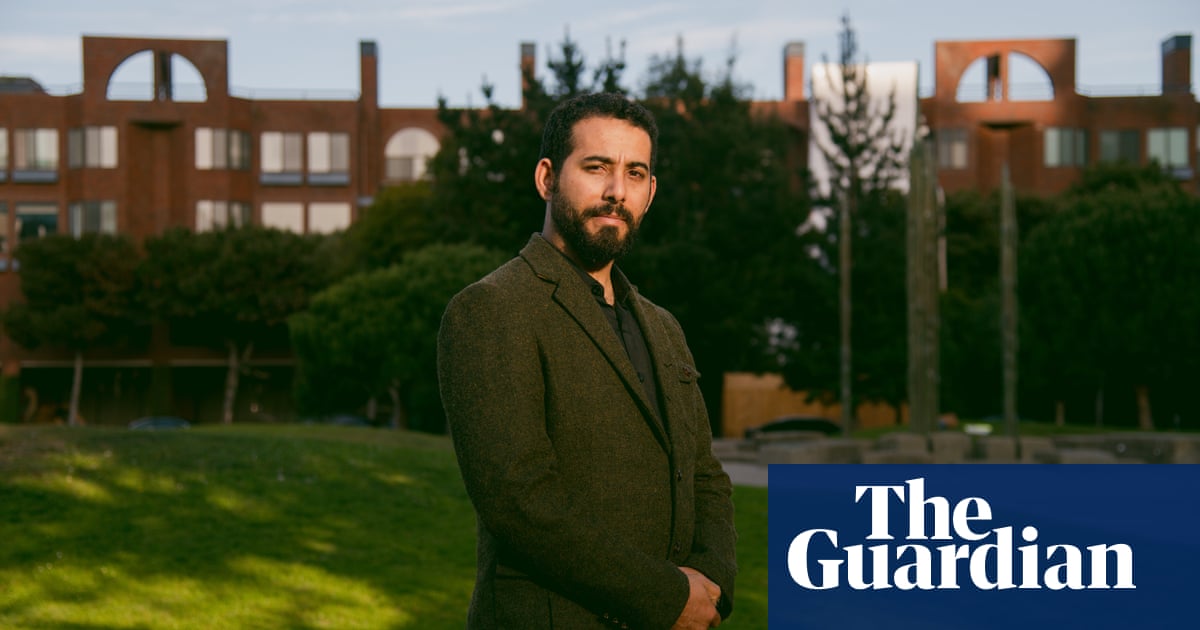The renowned Palestinian poet and author, Mosab Abu Toha, is among this year’sPulitzer prizewinners.
Abu Toha was awarded for a series of essays in the New Yorker documenting the lives and suffering of Palestinians inGaza, where he has lived nearly all his life.
“I have just won a Pulitzer Prize for Commentary,” he wrote on X. “Let it bring hope / Let it be a tale.”
His essays portrayed the “physical and emotional carnage in Gaza that combine deep reporting with the intimacy of memoir to convey the Palestinian experience of more than a year and a half of war with Israel”, the Pulitzer boardsaidon Monday.
Abu Toha, 32, was detained in 2023 by Israeli forces at a checkpoint as he tried to flee his home in Beit Lahia in northern Gaza with his wife, Maram, and their three young children.
In Israeli detention, soldiers “separated me from my family, beat me, and interrogated me”, hewrote. He was able to leave and escape to the US after friends abroad applied pressure for his release.
Abu Tohawroteabout the struggle of his family members to find food in Gaza, juxtaposed with memories of everyday meals before the war.
“I yearn to return to Gaza, sit at the kitchen table with my mother and father, and make tea for my sisters. I do not need to eat. I only want to look at them again,” he wrote.
Herecalledseeing pictures of the destruction of the Jabalia refugee camp in northern Gaza, where he regularly visited his grandparents and attended school. “I looked at the photos again and again, and an image of a graveyard that grows and grows formed in my mind,” he wrote.
He also wrote about the suspicion and indignities that he and other Palestinians face outside their homeland. Herecalledtelling a TSA agent who swabbed his palms for explosives during a layover in Boston: “I was kidnapped by the Israeli army in November, before being stripped of my clothes … Today, you come and separate me from my wife and kids, just like the army did a few months ago.”
The New Yorker also won a Pulitzer for its investigative podcast about the killing of Iraqi civilians by the US military and for feature photography for Moises Saman’s images documenting the end of Bashar al-Assad’s dictatorship in Syria.
This year’s Pulitzer winners in the arts also include Percival Everett for his novel James, a re-imagining of The Adventures of Huckleberry Finn from the perspective of the enslaved title character, and Branden Jacobs-Jenkins for his play Purpose, a drama about a prominent Black family destroying itself from within.
